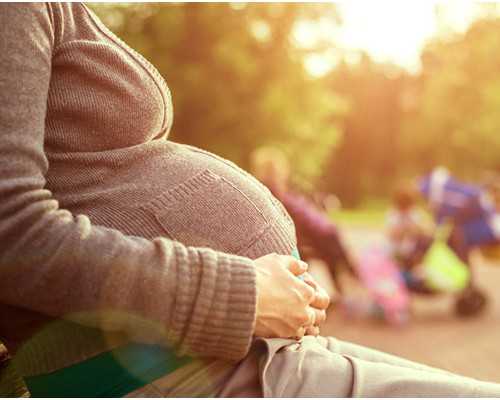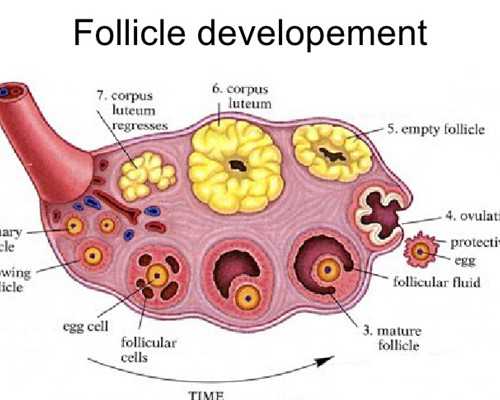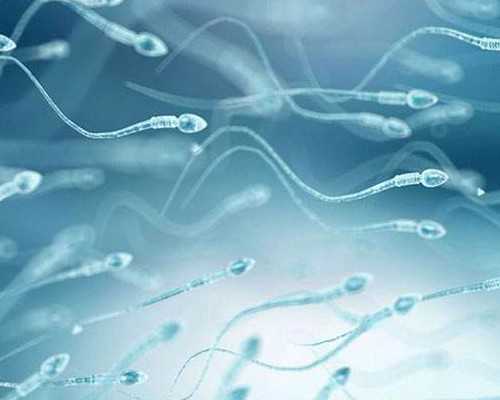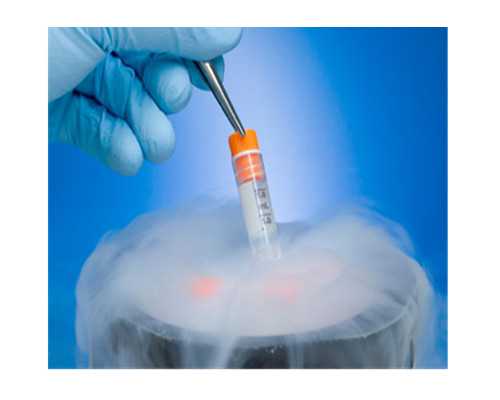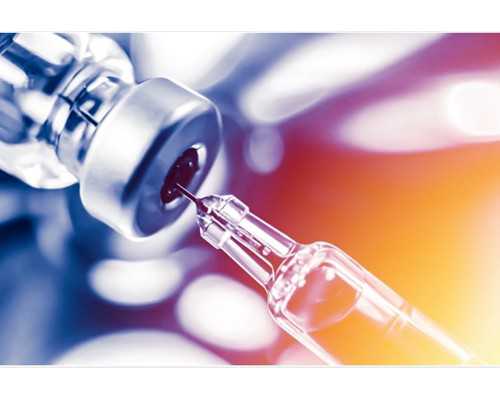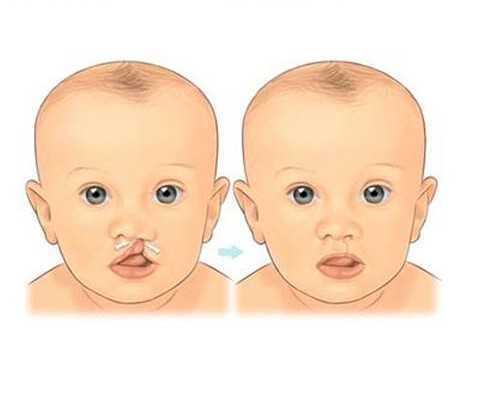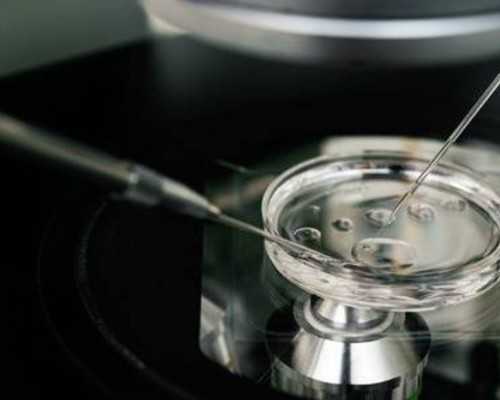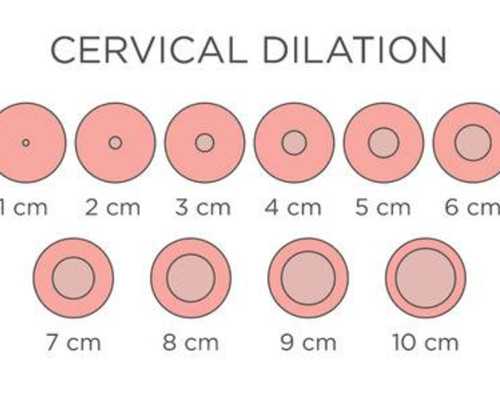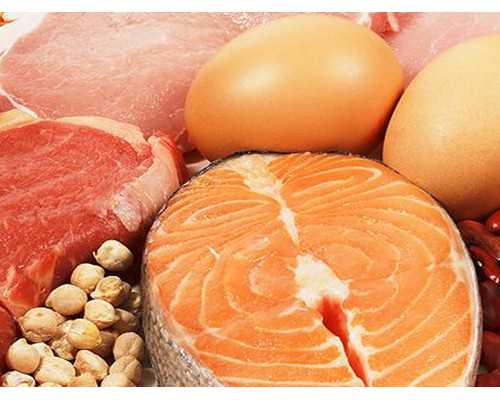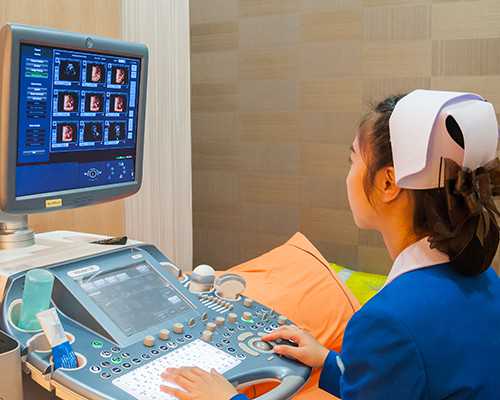胚胎發(fā)育:你的胚胎是幾級?看完這些你就懂_3N6Ya
在試管嬰兒的過程中,胚胎質(zhì)量的好壞,
是影響移植成功率、
以及未來寶寶健康與否的重要影響因素,
所以在生殖中心,經(jīng)常會有患者問道——
“醫(yī)生,我這個胚胎4CB是什么意思?”
“醫(yī)生,我的胚胎是什么等級?”
“醫(yī)生,移植低級別的胚胎能懷孕嗎?”
為了降低移植失敗或者流產(chǎn)的風險,選擇優(yōu)質(zhì)的胚胎移植就變得極為重要。這樣的優(yōu)勝劣汰,也為準父母們節(jié)約了時間和金錢成本。
胚胎的發(fā)育是個動態(tài)的過程,首先精子與卵子結(jié)合,形成受精卵。
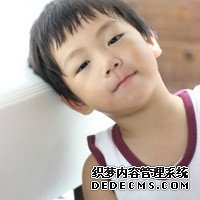
胚胎培養(yǎng)的過程
Day 1
:受精后第一日,觀察卵子是否受精(是否有兩個原核)。Day 2:
觀察受精卵發(fā)育為幾個細胞(4細胞最佳)、是否有碎片(無碎片較好)、是否對稱(對稱較好)。Day 3:
同第二天,觀察受精卵發(fā)育為幾個細胞(8-10細胞最佳)。Day 4
:融合期,桑椹胚階段。Day 5:
發(fā)育成上百個細胞,囊胚階段。胚胎分裂發(fā)育速度過快或者過慢,種植率通常都會比較低。
一般來說,第四天的桑椹胚比較難評級,所以,
一般選取第三天、第五天的胚胎進行評級。
卵裂期的胚胎等級怎么看?
一級和二級胚胎屬于優(yōu)質(zhì)胚胎,移植的成功率比較高;
三級胚胎相對一級和二級來說比較差,可以用來移植,也有成活的可能;
四級胚胎是比較差的。
囊胚的等級怎么看?
囊胚期胚胎評分=發(fā)育階段+內(nèi)細胞團+滋養(yǎng)層細胞
示例:
4AA
4:擴展期囊胚
A:細胞數(shù)目多,排列緊密
A:上皮細胞由較多的細胞組成,結(jié)構(gòu)緊密
3AB
3:完全期囊胚
B:上皮細胞由不多的細胞組成,結(jié)構(gòu)松散
發(fā)育第6天至少為3-6期+內(nèi)細胞團、滋養(yǎng)層至少有1個B級以上,如4CB、6BC均可用。4CC屬于內(nèi)細胞團和滋養(yǎng)層細胞都較差。
優(yōu)質(zhì)的胚胎移植成功率會高一些,但也不是100%就能移植成功。
胚胎評分低一些,但只要有著良好的發(fā)育潛能,也同樣有著一定的成功率
(影響成功率的因素很多,胚胎質(zhì)量是其中之一,還包括女方年齡,子宮內(nèi)膜的環(huán)境,母體激素水平及免疫狀況等,因此不必過于糾結(jié)胚胎評分的高低)。醫(yī)生會為你選擇出最適合的胚胎進行移植。注意:
文章目的是提供一般的健康信息,不能代替任何個人的醫(yī)學診斷和治療,個人醫(yī)療問題,就診問題請私信愛樂孕或在評論區(qū)留言。
如果有一天,你可以選擇生育一個小“愛因斯坦”,也可以生育一個智商普通的孩子,你會做出什么樣的選擇?據(jù)科學家預(yù)計,未來10年內(nèi),人類將可以使用試管嬰兒技術(shù)選擇“最聰明”的胚胎。
Genetics research, conceptual artwork. CHINA DAILY
Couples undergoing IVF treatment could be given the option to pick the “smartest” embryo within the next 10 years, a leading US scientist has predicted.
據(jù)美國一名權(quán)威科學家預(yù)計,未來10年之內(nèi),做試管嬰兒的夫婦將能夠選擇“最聰明”的胚胎。
IVF:in vitro fertilization 體外受精聯(lián)合胚胎移植技術(shù),又稱“試管嬰兒”
Stephen Hsu, senior vice president for research at Michigan State University, said scientific advances mean it will soon be feasible to reliably rank embryos according to potential IQ, posing profound ethical questions for society about whether or not the technology should be adopted.
美國密歇根州立大學主管科研的副校長徐道輝(斯蒂芬·徐)說,科學進步意味著人類不久就能夠?qū)ε咛サ臐撛谥巧探o出可靠的評分,這項技術(shù)是否應(yīng)該使用將是一個深刻的社會倫理問題。
Hsu’s company, Genomic Prediction, already offers a test aimed at screening out embryos with abnormally low IQ to couples being treated at fertility clinics in the US.
徐道輝的基因組預(yù)測公司已經(jīng)為在美國不孕不育診所接受治療的夫婦提供了一項檢測服務(wù),旨在篩查出智商異常低的胚胎。
“Accurate IQ predictors will be possible, if not the next five years, the next 10 years certainly,” Hsu told the Guardian. “I predict certain countries will adopt them.”
徐道輝對《衛(wèi)報》記者說:“準確的智商預(yù)測是可能的,即使不是未來5年內(nèi),那么在未來10年內(nèi)也肯定可以。我預(yù)計一些國家會采納這項技術(shù)。”
The prospect of a new generation of genetically selected babies has prompted concerns about unintended medical consequences and the potential for deepening existing social inequalities. The science underpinning the claim that intelligence can be meaningfully predicted by genetic tests is also contentious.
新一代基因選擇嬰兒的前景引發(fā)了人們對于意外醫(yī)療后果和現(xiàn)有社會不平等可能加劇的擔憂。基因檢測能夠有效預(yù)測智商的科學技術(shù)也引發(fā)了爭議。
contentious [kn'tens]:adj.有異議的,引起爭論的
Peter Donnelly, a professor of statistical science at the University of Oxford, said any such IQ predictions should be treated with “huge caution”, adding: “I have grave misgivings about it on ethical grounds. I think it’s a really bad idea.”
牛津大學統(tǒng)計學教授彼得·唐納利說,應(yīng)該“十分謹慎”地對待此類智商預(yù)測。他說:“出于倫理原因,我對此非常擔憂。我認為這是一個非常糟糕的想法。”
Since the 1990s, couples undergoing IVF have been able to screen their embryos for mutations in single genes that cause serious diseases such as cystic fibrosis, as well as conditions like Down’s syndrome, caused by chromosome abnormalities.
自上世紀90年代以來,接受試管受精的夫婦已經(jīng)能夠?qū)λ麄兊呐咛ミM行篩選,以發(fā)現(xiàn)單個基因的突變,這些突變會導(dǎo)致嚴重的疾病,比如囊性纖維化,以及染色體異常導(dǎo)致的唐氏綜合征等。
chromosome ['krmsm]:n.染色體
Many other traits, including height, physical appearance, intelligence and disease susceptibility, are known to be partly heritable. But because the genetic component is spread thinly over hundreds or even thousands of DNA regions, it has previously been impossible to screen for these traits.
許多其他特征,包括身高、外貌、智力和疾病易感性,都被認為是部分遺傳的。但由于遺傳組分稀疏地分散在數(shù)百甚至數(shù)千個DNA區(qū)域,以前不可能對這些特征進行篩選。
In the past decade, as vast genetic databases have been established, this picture has changed. Through analyzing many genes, each making a tiny contribution, it has been possible to calculate what are called polygenic risk scores, which give a person’s likelihood of getting a particular disease or having a certain trait.
在過去的十年里,隨著大量基因數(shù)據(jù)庫的建立,這種情況已經(jīng)發(fā)生了改變。通過分析大量基因,每個基因都做出了微小的貢獻,就有可能計算出所謂的多基因風險評分,即一個人患某種特定疾病或具有某種特征的可能性。
polygenic[,pli'denik]:adj.多基因的
Genomic Prediction is the first company to take embryo screening into this grey area of risk forecasting, offering to alert couples if an embryo has an “outlier” score for risk of cancers, diabetes, heart disease, dwarfism or low IQ.
基因組預(yù)測公司是第一家將胚胎篩查納入風險預(yù)測這一灰色地帶的公司。如果胚胎在癌癥、糖尿病、心臟病、侏儒癥或智商低下等風險方面的評分“異常”,它就會提醒做篩查的夫婦。
outlier ['atla]:n.(統(tǒng)計)異常值
Medical staff put clothes on the newborn test-tube baby at a hospital in Xi'an, Northwest China's Shaanxi province. [Photo/Xinhua]
Prediction for IQ is not good enough to give a reliable ranking, but Hsu said that knowing an embryo has a low score could still be desirable.
智商預(yù)測目前還不足以給出可靠的評分,但徐道輝表示,如果一個胚胎的智商評分較低,人們可能還是很想知道。
“Maybe the bottom 1% embryo will grow up to be a great person … even be a scientist, but the odds are against it,” he said. “I honestly feel if we can calculate that score and find a real negative outlier there’s an ethical responsibility for us to report that.”
徐道輝說:“也許評分最低的1%的胚胎長大后會成為一個優(yōu)秀的人……甚至成為一名科學家,但這種可能性很小。我真的覺得,如果我們能計算出這個評分,發(fā)現(xiàn)它低得十分異常,那么我們就有道德責任予以告知。”
The company projects that once high-quality genetic and academic achievement data from a million individuals becomes available, expected to be within five to 10 years, it will be able to predict IQ to within about 10 points.
該公司預(yù)計,在5至10年內(nèi),一旦100萬人的高質(zhì)量基因和學術(shù)成就數(shù)據(jù)可用,它將能夠預(yù)測智商,誤差在10分以內(nèi)。
Hsu is reticent about whether screening for high intelligence would be ethically justified, saying: “Let me just decline to answer that at the moment.”
徐道輝不愿評論高智商篩查是否符合倫理標準,說“目前我拒絕回答這個問題”。
reticent ['rets()nt]:adj.沉默的;有保留的
In some countries, such as Singapore, there is likely to be a high level of public acceptance and demand for such tests, he suggested. “I think the overwhelming majority would say yes, absolutely, parents should be allowed to do that,” he said. “Before you write your piece, you might just want to think that a billion people on the other side of the world might have a different view.”
徐道輝說,在一些國家,比如新加坡,公眾對此類檢測的接受度和需求可能會很高。他說:“我認為絕大多數(shù)人肯定會贊成允許父母這樣做。在你寫這篇報道之前,也許應(yīng)該想想地球另外一端的10億人可能有不同的看法。”
Whether such tests will become available in the UK would depend on approval from the Human Fertilization and Embryology Authority (HFEA).
這種檢測方法能否在英國實施將取決于英國人工授精與胚胎學管理局的批準。
“If the HFEA decides that it’s not right for the UK, I will respect that,” Hsu said, but predicted that “rich people from the UK will fly to Singapore” if they are unable to get the tests locally.
他說:“如果英國人工授精與胚胎學管理局認為這對英國不合適,我會尊重這個決定。”但他預(yù)測,如果英國富人無法在當?shù)剡M行這項檢測,“他們會飛到新加坡去做的。”
Some in the UK take the view that prospective parents have a right to access such tests. “I don’t think people should be deprived of that knowledge,” said Prof Simon Fishel, the founder of Care Fertility.
在英國,一些人認為未來的父母有權(quán)進行此類檢測。生育關(guān)懷組織的創(chuàng)始人西蒙費舍爾教授說:“我認為不應(yīng)該剝奪人們的這種知情權(quán)。”
Fishel questioned whether there is any ethical difference between picking an embryo ranked highest for IQ or sending a child to a private school. “What’s wrong with ranking an embryo if you can rank a child?” he said. “I think there are plenty of people who’d choose embryo Oxford [rather] than embryo A-level failure.”
費舍爾質(zhì)疑挑選智商最高的胚胎和送孩子去私立學校之間是否存在倫理上的差異。“如果你能給孩子評分,那給胚胎評分又有什么錯呢?”他說。“我認為有很多人會選擇未來能考取牛津的胚胎而不是無法通過英國中學高級水平考試的胚胎。”
In practice, though, couples often have only a few embryos to choose from. And there are concerns about unintended consequences. For instance, there is some evidence linking higher polygenic scores for academic ability to higher likelihood of autism.
但實際上,夫婦們通常只有幾個胚胎可供選擇。此外,人們還擔心會出現(xiàn)意想不到的后果。例如,有證據(jù)表明,學術(shù)能力的多基因得分越高,患自閉癥的可能性就越大。
The technology is controversial, but that does not mean it will not gain acceptance in the future, Hsu said, drawing parallels with the reaction to IVF in its early days.
徐道輝說,這項技術(shù)存在爭議,但這并不意味著它在未來不會被接受,這與早期人們對體外受精的反應(yīng)類似。
“The IVF pioneers … were called monsters, Frankenstein doctors; it was predicted that these babies would have health problems,” he said. “I am actually reassured by that. IVF is completely normalized now. Everyone who is pointing their finger at [Genomic Prediction] now should go back and read those articles.”
他說:“試管嬰兒的先驅(qū)被稱為怪物,弗蘭肯斯坦醫(yī)生。當時人們預(yù)測這些嬰兒會有健康問題。實際上,我對此很放心。試管受精現(xiàn)在已經(jīng)完全正常化。現(xiàn)在,所有指責(基因組預(yù)測)的人都應(yīng)該回去讀讀那些文章。”
來源:衛(wèi)報、參考消息網(wǎng)
翻譯編輯:yaning
來源:中國日報網(wǎng)
